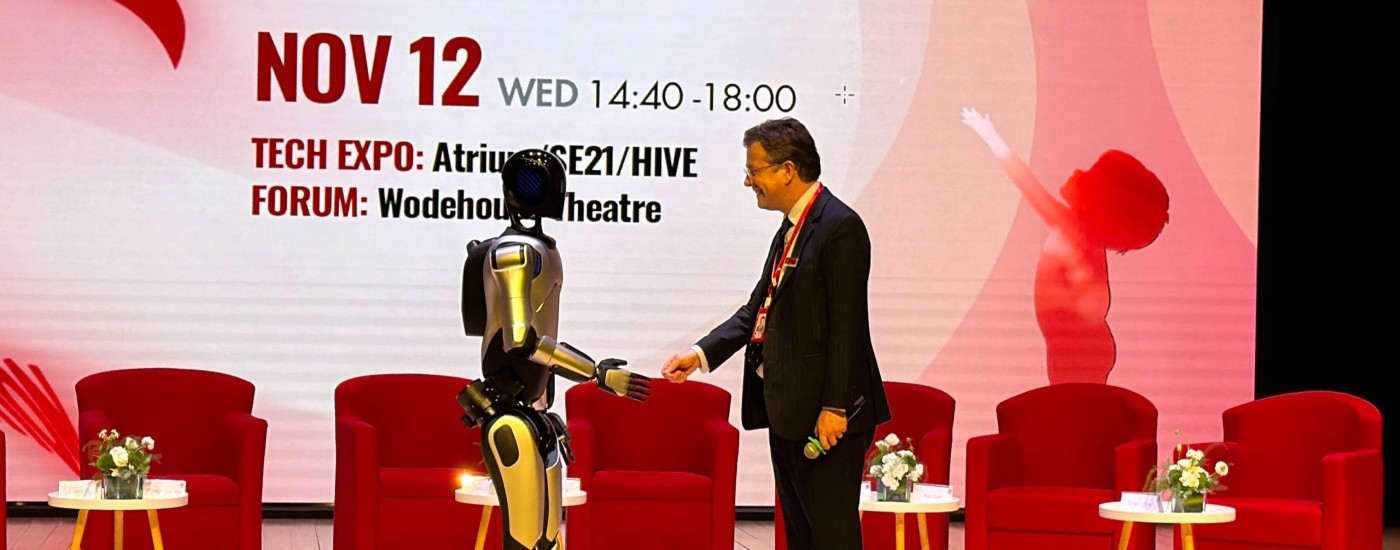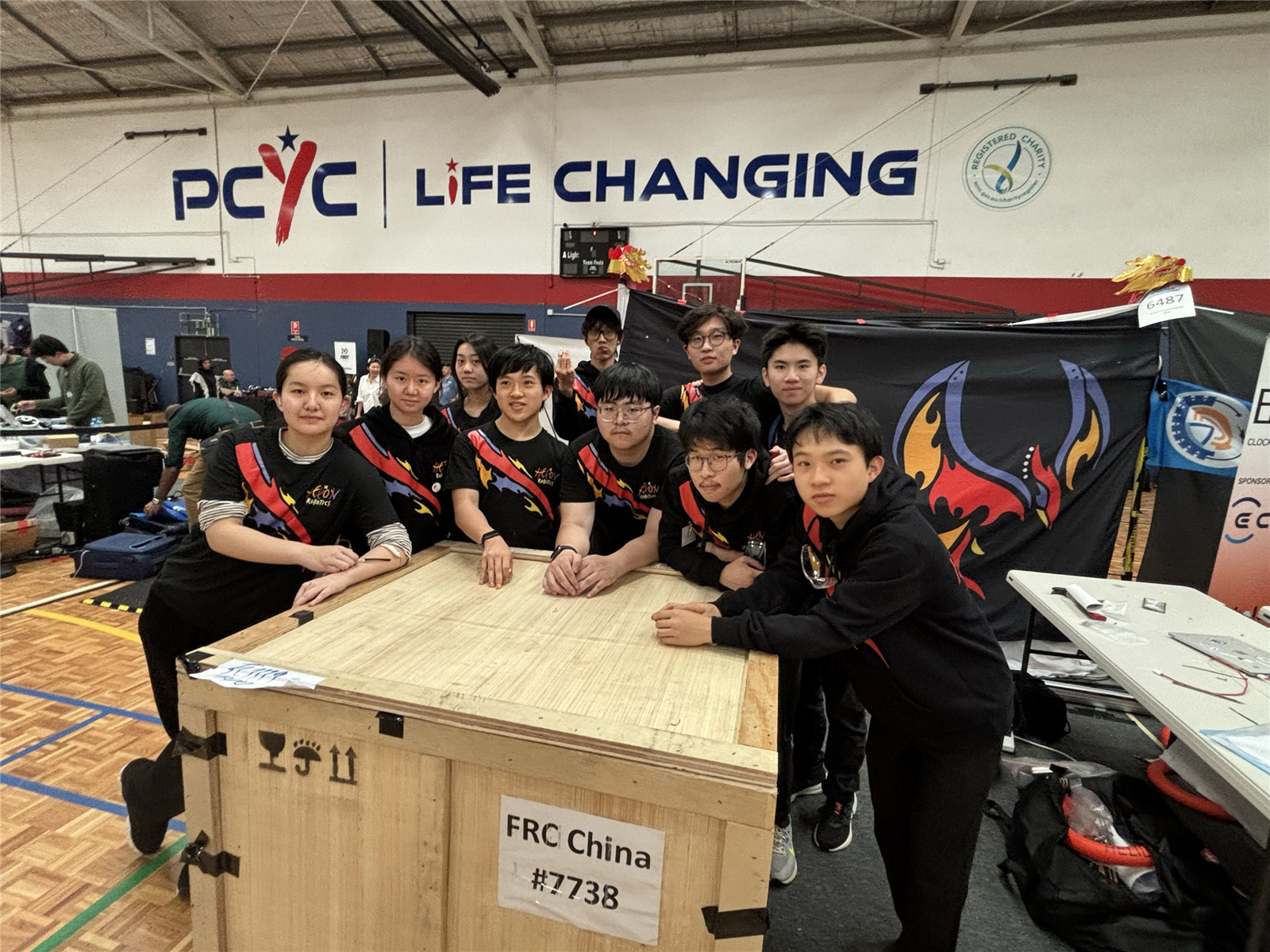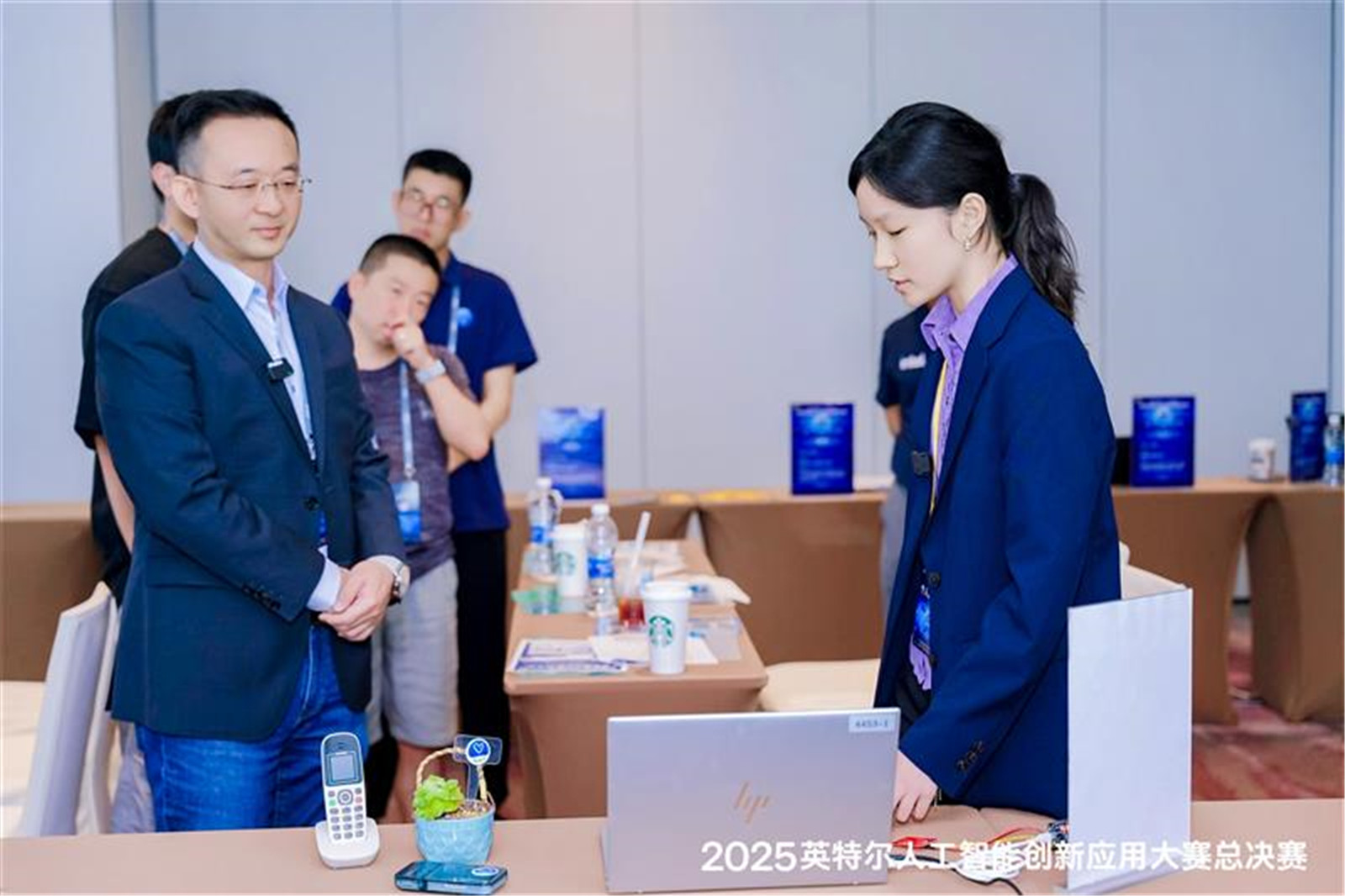Educating for the AI Era: DCB’s Human-Centred Approach

Education today sits at a crossroads. Rapid technological change — particularly the rise of artificial intelligence — brings enormous possibilities and real concerns or schools, families and communities. As Head of College at Dulwich College Beijing and with many years in international education, I believe the right response is not fear or retreat, but a purposeful, values‑driven embrace of technology rooted in holistic, interdisciplinary learning.
I’ve been interested in China for a number of years and have had the privilege of visiting regularly since 2018. I’ve spent much of my life in education – as Deputy Master at the Dulwich College in London and as Vice‑Chair of a national multi‑academy trust – and my interests extend into history and musicology. I mention that because much of what I’ll say is about an interdisciplinary approach to learning, which I believe is of fundamental importance.
Dulwich College Beijing is part of a pioneering educational group. Dulwich College in London, the founding school, was established in 1619, and I joined Dulwich in 1998. Our Beijing school is now celebrating its 20th anniversary and educates about 1,500 young women and young men. Underpinning everything we do is a clear educational purpose and values: academic rigour, compassion, a global perspective, and a strong local responsibility. We take seriously that we are guests in this beautiful country and members of the local community.
Our Values-Driven Holistic Education that Leads to Personalised Journeys
At the heart of our approach is a philosophy and an educational commission: we are a values‑driven organisation, and those values are fundamentally human values.
When you visit Dulwich College Beijing you will see these values displayed across the school. Underpinning our education is what we call holistic education – the key thread we share with our family school in London.
Holistic education simply means we educate the whole child. The foundation of that holistic approach are five educational pillars through which we develop the human attributes of our students. Academic rigour and a culture of excellence are reflected in our outstanding results.
But as important as the results is the fact that they were achieved by individual students – each of whom had a personalised journey through Dulwich College Beijing and moved on to first‑rate universities in the United States, the United Kingdom, and beyond. We are very proud of those personalised journeys.
At DCB, the Pioneering Spirit is a Mindset
We share a pioneering spirit with our founding school. One of the most famous former students of Dulwich College London was Ernest Shackleton – an example of leadership based on service towards others, courage and practical decision‑making. That pioneering spirit is central to how we approach contemporary challenges, including AI.
SE21 is a good example. SE21 is the postcode of Dulwich College in London, but at Dulwich College Beijing SE21 is more than a physical makerspace; it’s a mindset. Staff are encouraged to model entrepreneurial innovation through the curriculum and through co‑curricular activities.
If you visit the College, you’ll see those activities running regularly during the school day and after school, and through them students develop curiosity, teamwork and problem‑solving.
Human-Centred AI Learning
SE21 is less about specific content and more about developing human skills in an exciting and innovative context: collaboration, relationship skills and intercultural competences. We also place a big focus on robotics, coding and AI – through courses, events, competitions and co‑curricular activities. That focus creates tremendous energy in the school. Two practical outcomes of this work are student leadership – we have over 700 leadership positions – and a strong mentoring culture in which Senior School students help younger ones develop projects and activities.
Parents are important partners in this work. Many are interested in and concerned about the impact of technology on young people, and we deliberately work with families rather than around them. We bring in experts on e‑safety and digital citizenship – for example, Patrick Green recently visited and we now have monthly Sip and Support sessions to help educate our community on e-safety and understanding – and parents have told us that expert guidance helps them navigate these challenges so families and the school can share the same educational goals.
FutureTech: A Case Study in Harnessing AI and Technology for Good
One specific programme we introduced at Dulwich College Beijing is FutureTech. It’s our very own non‑examined course that begins in Year 10 and continues into Year 11. Year 10 comprises five micro‑projects in which AI features in each project. Year 11 has a stronger research focus: each student is paired with an industry supervisor and investigates a future problem. Students build portfolios, earn certificates of completion, and are able to enter international competitions in robotics and AI. Team Helion, for example, is a Year 12 robotics team that has taken part in international AI festivals and competitions, supported by external partners.

Student stories illustrate our approach. One student, an Intel AI award winner, is also passionately involved in the arts — her work shows how AI can amplify human creativity rather than replace it. Another student who completed FutureTech in Years 10 and 11 has advanced those skills into Year 12; another started an AI summer camp. These examples show we are cultivating an altruistic, compassionate mentality in how students apply technology.

Our guiding policy is concise: AI should be used where it has transformative value; otherwise, it should not be used. We aim to be intentional about when and how we use AI, and to build AI literacy across staff and students so they understand both strengths and limitations . We contributed our classroom experience to the education group’s advisory board, helping to shape policy that is practical and grounded in the realities of students and parents.
Ultimately, we seek to cultivate students who can navigate China and the wider world and be bridges between cultures. The motto of Dulwich College – “Let there be a bridge to the world” – captures that ambition.
The impulse to integrate interdisciplinary learning, holistic development and intentional AI education is not a technological fad: it is a human imperative. If schools commit to values, to partnership with families, and to programmes that develop both technical skill and humane judgment, we can turn the disruption of our age into opportunity. That is the pioneering spirit we want to foster – curious, courageous learners prepared to use technology for the public good.









